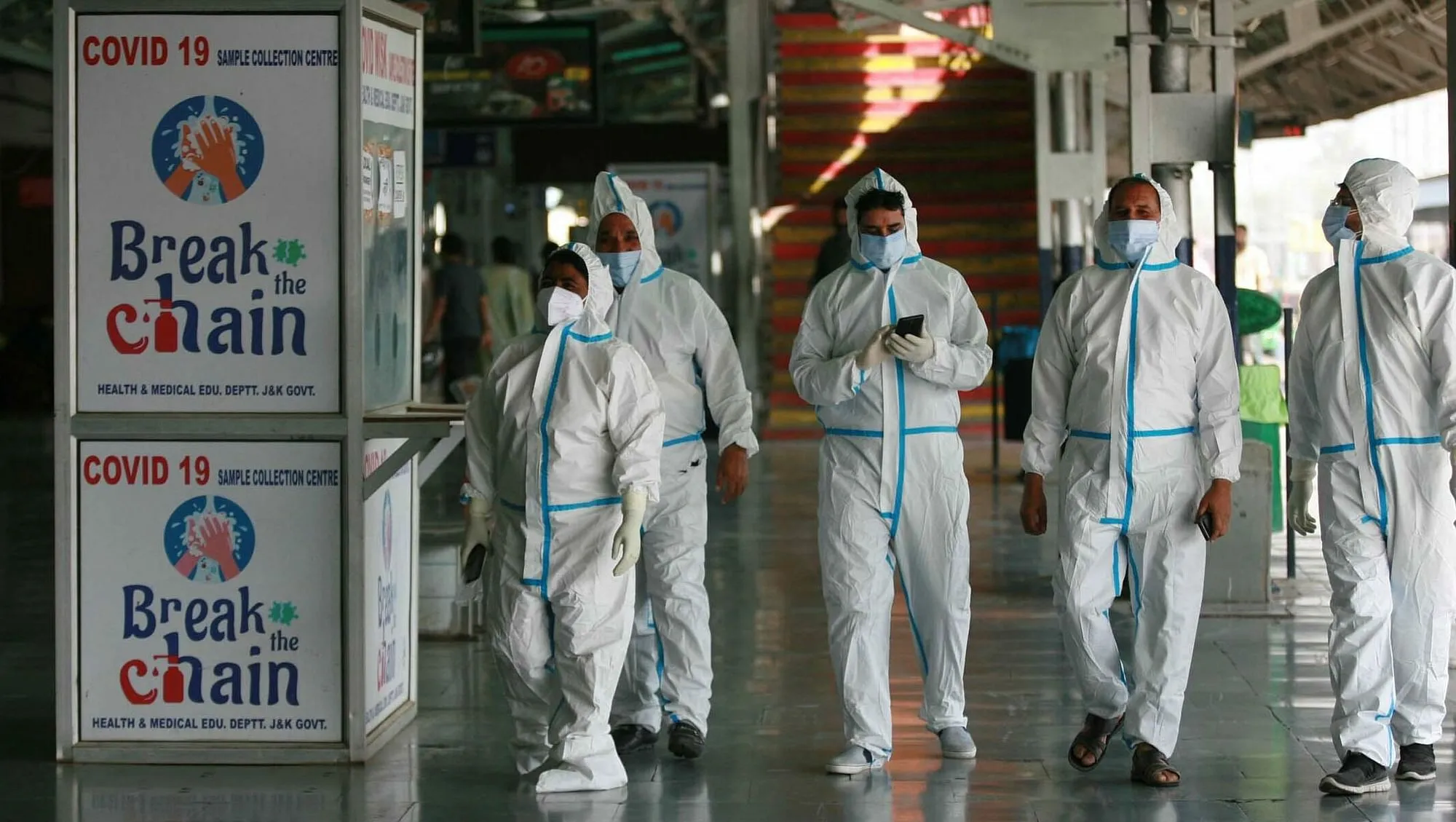Faisal Edhi, Chairman of Edhi Foundation, has written a polite and friendly letter to Prime Minister Narendra Modi offering his sympathies for the problems the Indian population is passing through due to the pandemic virus, and in the same breath he has offered an emergency package of both material and physical assistance to support the on going operations in India.
The offer made is tempting for any under developed nation to accept. It includes 50 fully staffed ambulances, full teams of doctors, paramedics, nurses, medicines, self sufficient in food supplies and fuel, to obey all local and police directions and work under overall Indian supervision.
The offer comes otherwise from the well known Edhi Foundation of Pakistan, the only organisation that is well organized for humanitarian relief, and universally respected.
P.M. Narendra Modi has not reacted as yet to this offer. In all probability this offer will be thanked for its timely gesture but declined; Bharat can take care of itself. So now it is coming to that. We are looking like an under-developed society.
Air flights from India are not allowed to land in foreign nations, entry of Indians is temporarily stopped. We are marked as infected. We were finicky on many vaccines on offer six months ago and today we are asking all vaccine manufacturers to rush their stocks to us. We say blood clots are no worry some will obviously die if destiny says so. We knew the whole population needed to be vaccinated. To avert chaos, the operations were started with the elderly, then the society leaders, then the bread earners, and now the youth over 18 years of age.
We are running short of the vaccines, and do not say so. More deaths are reported, and we do not claim their demise. All the methods of deposal of the death are employed and the staff is getting exhausted and ill itself. Surat Crematorium furnaces were working over time and their iron doors have melted in the heat. Wood for piers is now in short supply and burial spaces have run out. Left for use are the desert sands and the banjer spaces where nothing grows. The summer too is close.
No one would now heed to the loudspeaker playing the old Mukesh song from film ‘Bandini’: Oh jaaane wale, hoe sake to laut ke aana. We are staring at rising inflation, lost work, and seeing Modi still in the election mood.
This madness is itself a viral disease. It occasionally hits politicians either when they smell disaster or victory. Sane minds move away to safer places.
Indian history is replete with examples suggesting that when disasters have not been properly handled, the people of the land have seen that the leadership changed hands or new social order emerge. In fact that has been a world trend.
The Maya civilization in the 14th cent in Central Americas was wiped out by small pox allowing for the conquest of the lands by the Spaniards. STD overtook Spain, Italy and England when the disease was brought in from North Americas. The Bubonic Plague was a massive killer which removed nearly one third of the population of Europe in the 14th century and changed the kingdoms. Spanish Flu removed more than 14 million people in India in 1918-1920. Its popular anger allowed Mahatma Gandhi to create a protest against the colonial government. Malaria and TB were epidemic in India in the 18th and 19th cent. They were indirectly also the cause of the Indian Rebellion. The Great Famine of Bengal during 1943-45 re-generated the freedom struggle and over threw the British Rule. The great Cyclone in the Bay of Bengal and the devastation it caused in Bangladesh led to the rise of Mujib as a national leader against the Pak rule and eventually the ouster from the land, to freedom. At a lower level, mishandled natural disasters have led to public outcry and change of state administrations. State CMs have been replaced, the latest one being the CM of Uttarakhand for mishandling the Chamoli land slide and earthquake.
State administrations and governments in India too seem to be affected now by the corona virus. The fact that the latest national government changed the pattern of accountability and distribution of authority, focusing move into a coterie of leadership ensconced within a small exclusive group headed by the Prime Minister, has now become the target of an emerging national youth anger pointing fingers to the mismanagement of the pandemic.
Primarily it is the loss of employment, loss of financial security, loss of job opportunities, rising cost of living, unfulfilled promises, too many promises for a better future, diversion of funds from social schemes to hocus-pocus spend-thrift activities, which has led to expression of anger against national leadership. The outstanding leadership which had seen the whole nation behind one point is now vanished into a foggy spot and moved beyond the reach of human touch. Today it is said that India now has a government of jumlabaazi, for jumlabaazi and by jumlabaazi. The state of preparedness for any national disaster has also suffered a setback and in turn there has been a loss of confidence. Some persons now even think of reckless acts coming from the decision takers, empty chest thumping and oversights which do not speak well for any well worked democratic system. All now seem to be waiting for a smooth change over to some form which is more egalitarian, honest and modest and less erratic to measure.
Indians in the past have been used to touching their mai-baap in flesh and blood. That era seems to have been pushed behind the television screens. Young India is not accepting this change. They do not like the pulpit to be placed too distant from their popular leader. A twenty feet distance is the farthest distance they would tolerate. Even Mrs. Indira Gandhi in her time did not retreat beyond that point.
Gautam Kaul is Chairman, Vitasta Healthcare Trust, Jammu.






